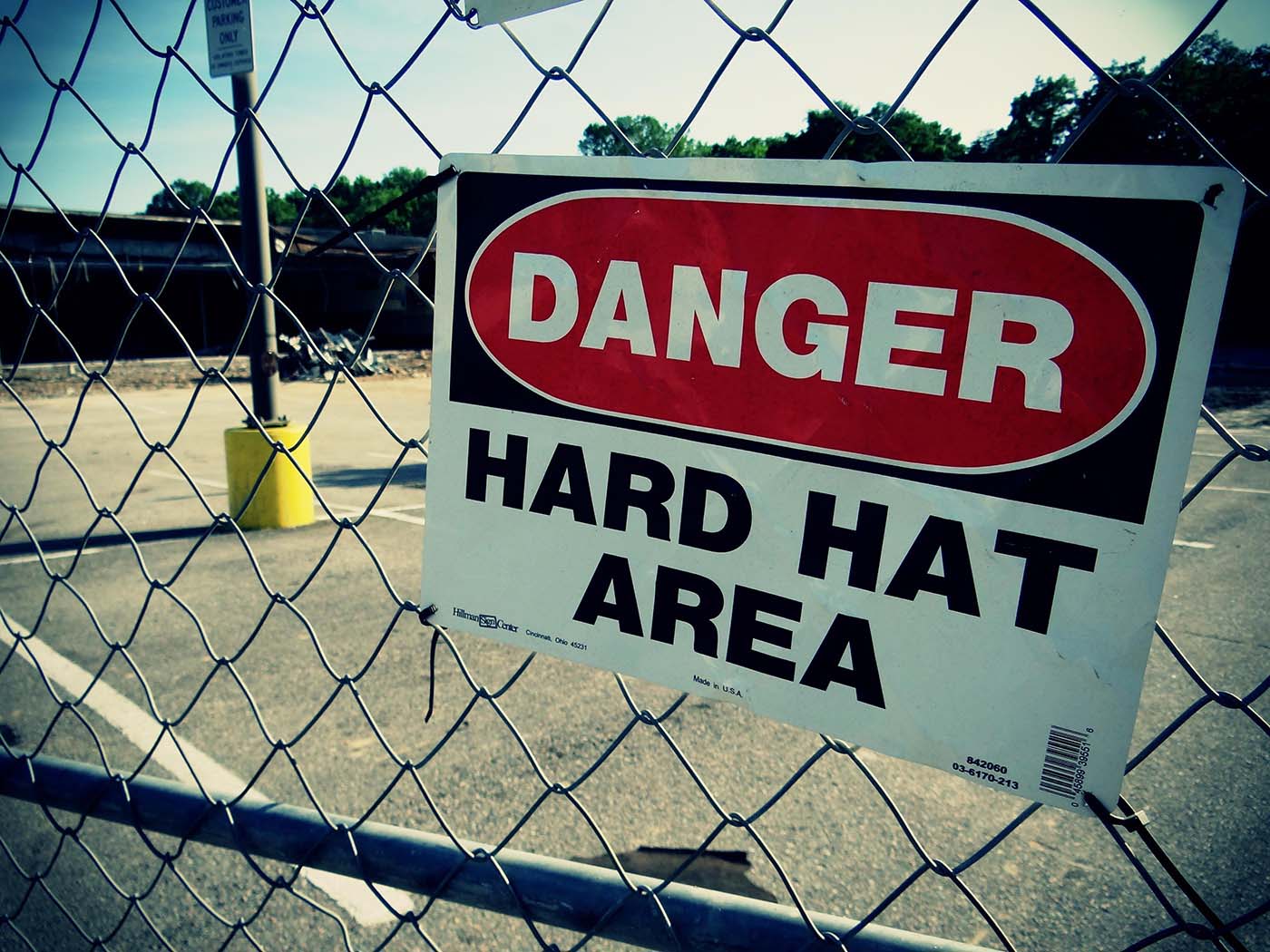03 May Accident Prevention – Painless & Profitable
Accident Prevention is Painless & Profitable! Accident Prevention - Why are you working? The most obvious answer is that you need to earn money. Your employer is in business for the very same reason--to make money. If the people you work for don't operate at a profit, they may not be able to keep you on the job. It may be surprising to hear that most companies do not make money hand over fist. Expenses take a big chunk of the income, and competition limits how much your firm can charge for the goods or services it provides. What's more, competition...











